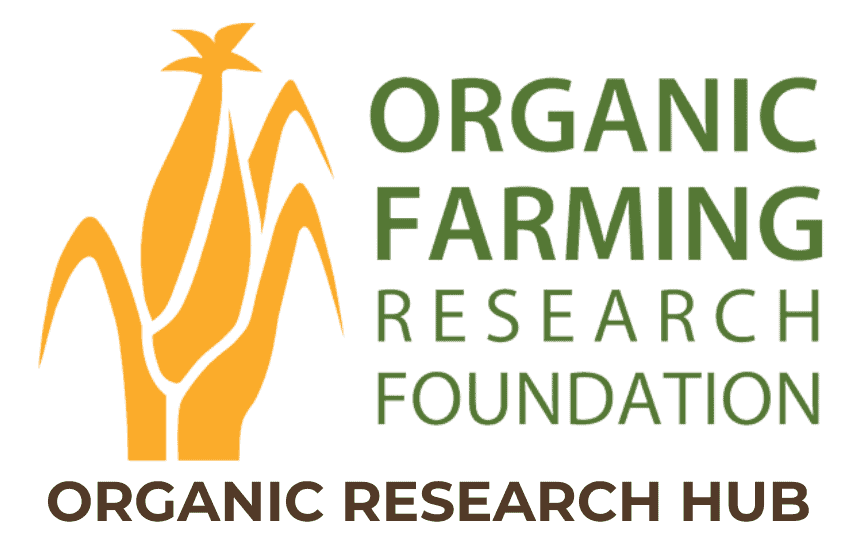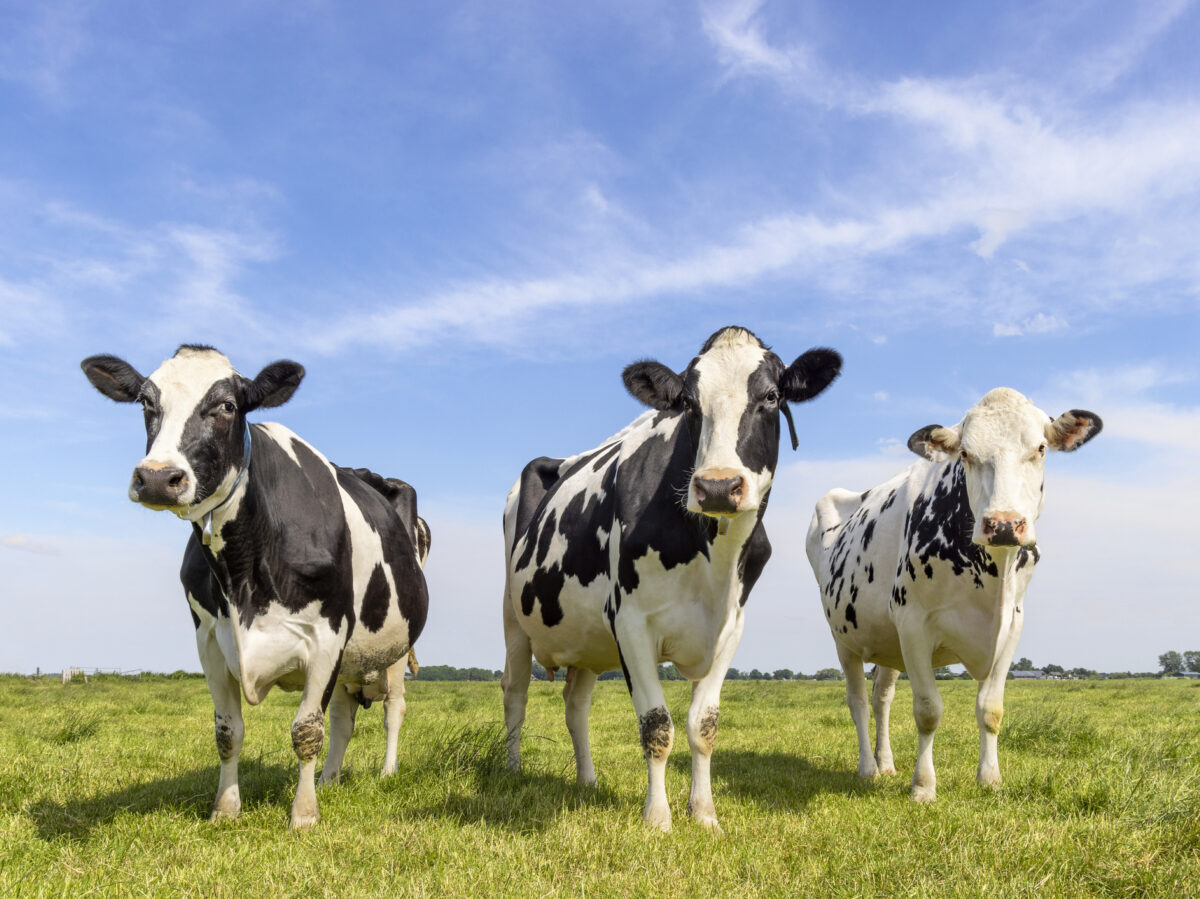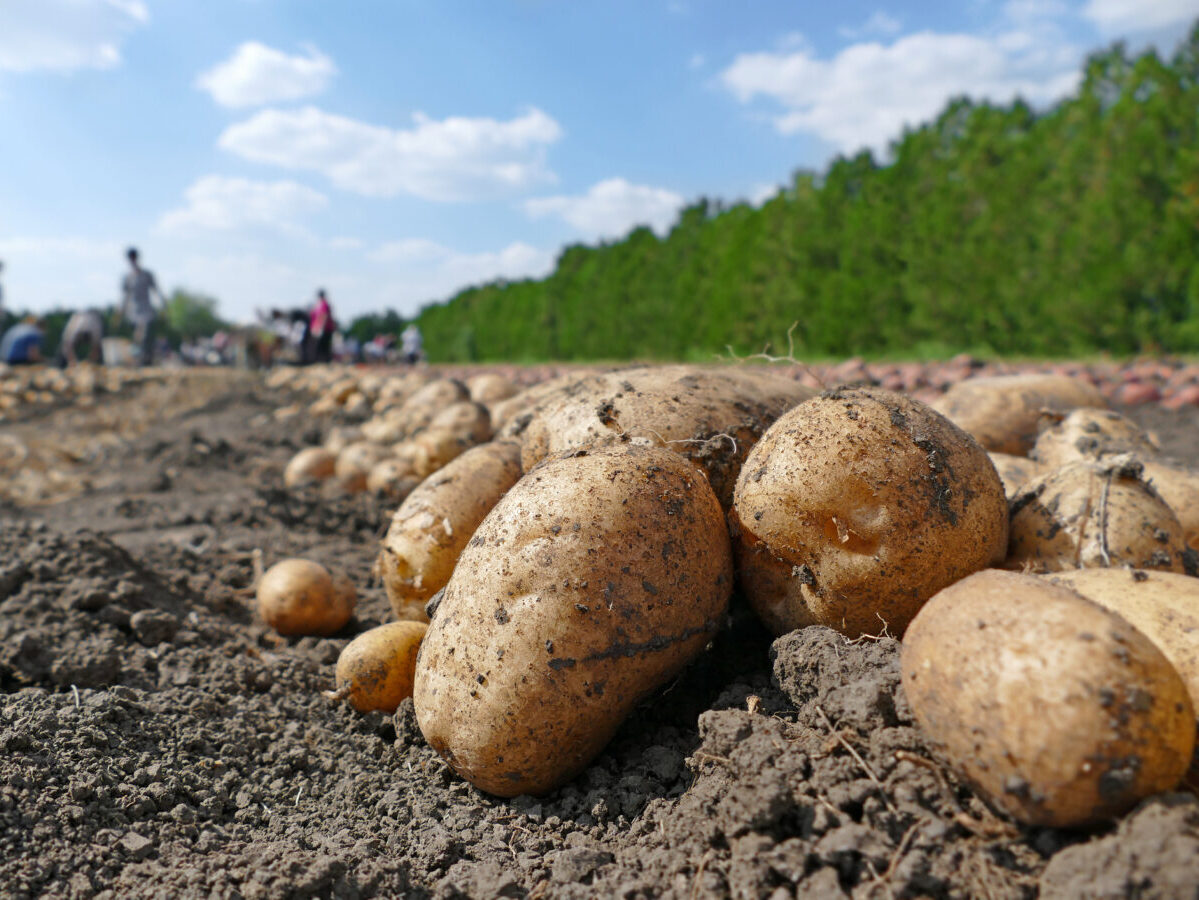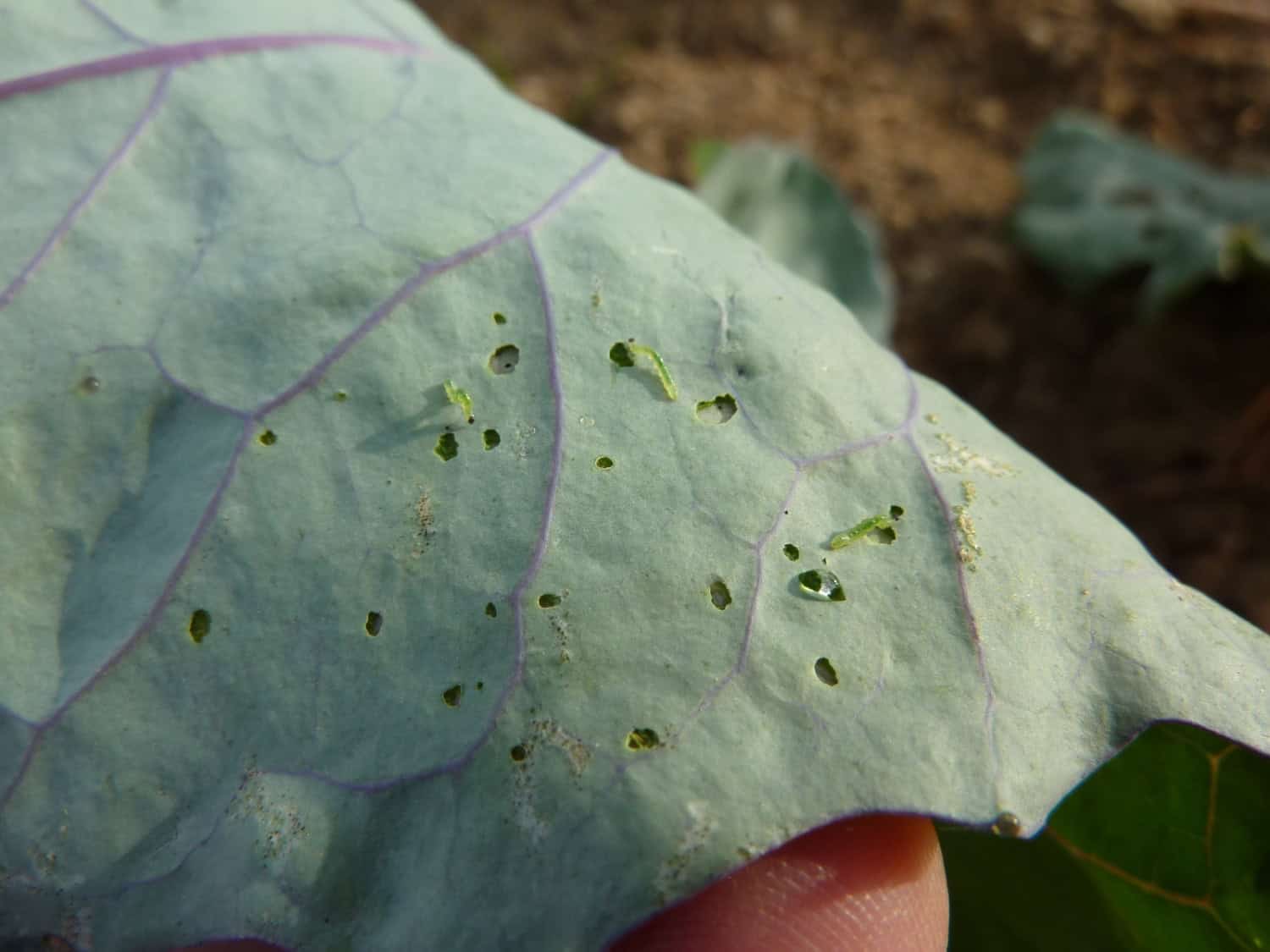Integrating Bats into Organic Pest Management
Steve Tennes, Country Mill Farms
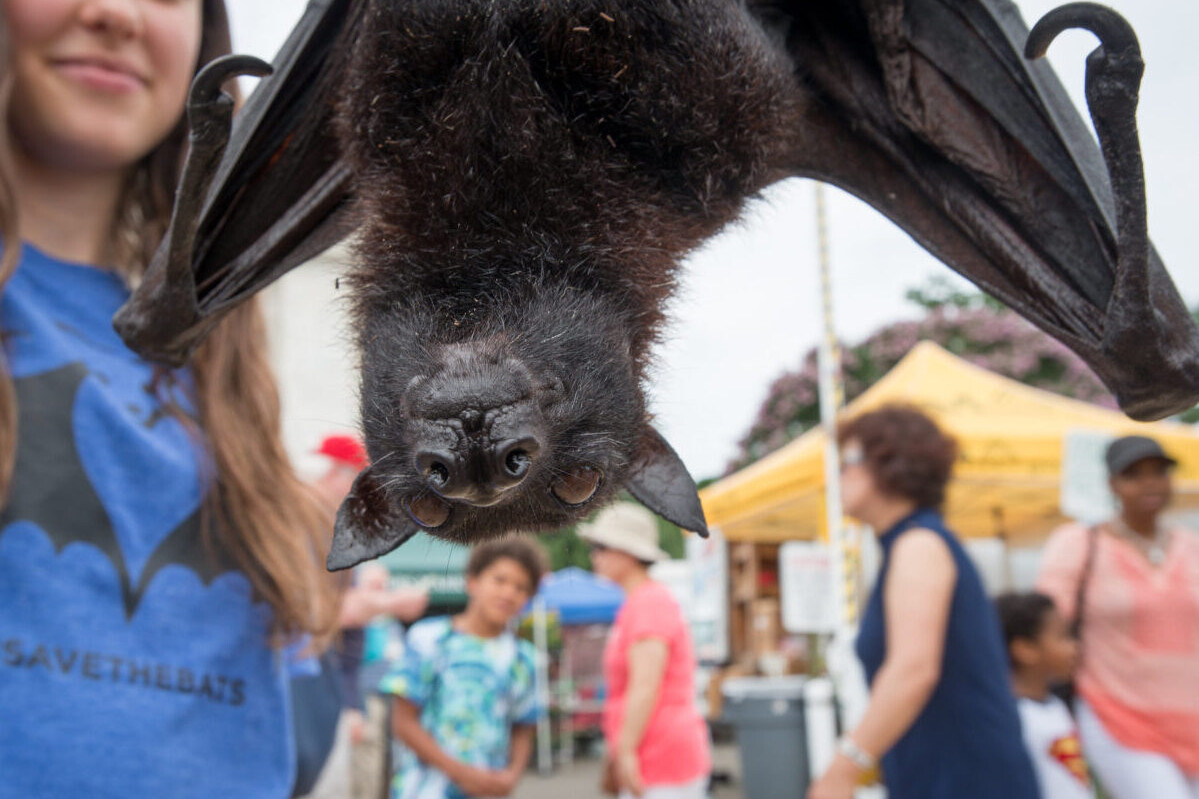
Organic farming involves establishing a production system that is in harmony with other natural cycles. One important pest management strategy utilized by organic growers is to identify and incorporate natural predators of the pest into the system.
Moths can pose significant threats to several crops, including corn, apples, pears, peaches, oranges, and nuts. The codling moth, for example, is the most destructive fruit pest for apples and pears across the United States and Canada. Bats, which consume moths as part of their natural diet, may act as a natural predator to the codling moth and may reduce pest populations.
This three-year project will monitor bat activity at seven organic apple orchards, identifying which bat species are present, what their diets are composed of, and what their contribution to codling moth pest management might be. Building upon existing bat research, this project will also be used to develop a procedural model that organic farmers can use to increase bat populations on their individual farms.
The project is being done in cooperation with faculty and students from Michigan State University and Eastern Michigan University.
Region
Midwest
Topic
Insect/Pest Management
Category
Tree and Vine Crops
Date Range
2001-2010
Funding Amount
$35,873
Funding Year
2009Location
Charlotte, Michigan
Collaborators
Alan Kurta, Eastern Michigan University
Matthew Grieshop, Michigan State University
David Epstein, Michigan State University
Jane Bush, Apple Schram
Jim Koan, Almar Orchards
